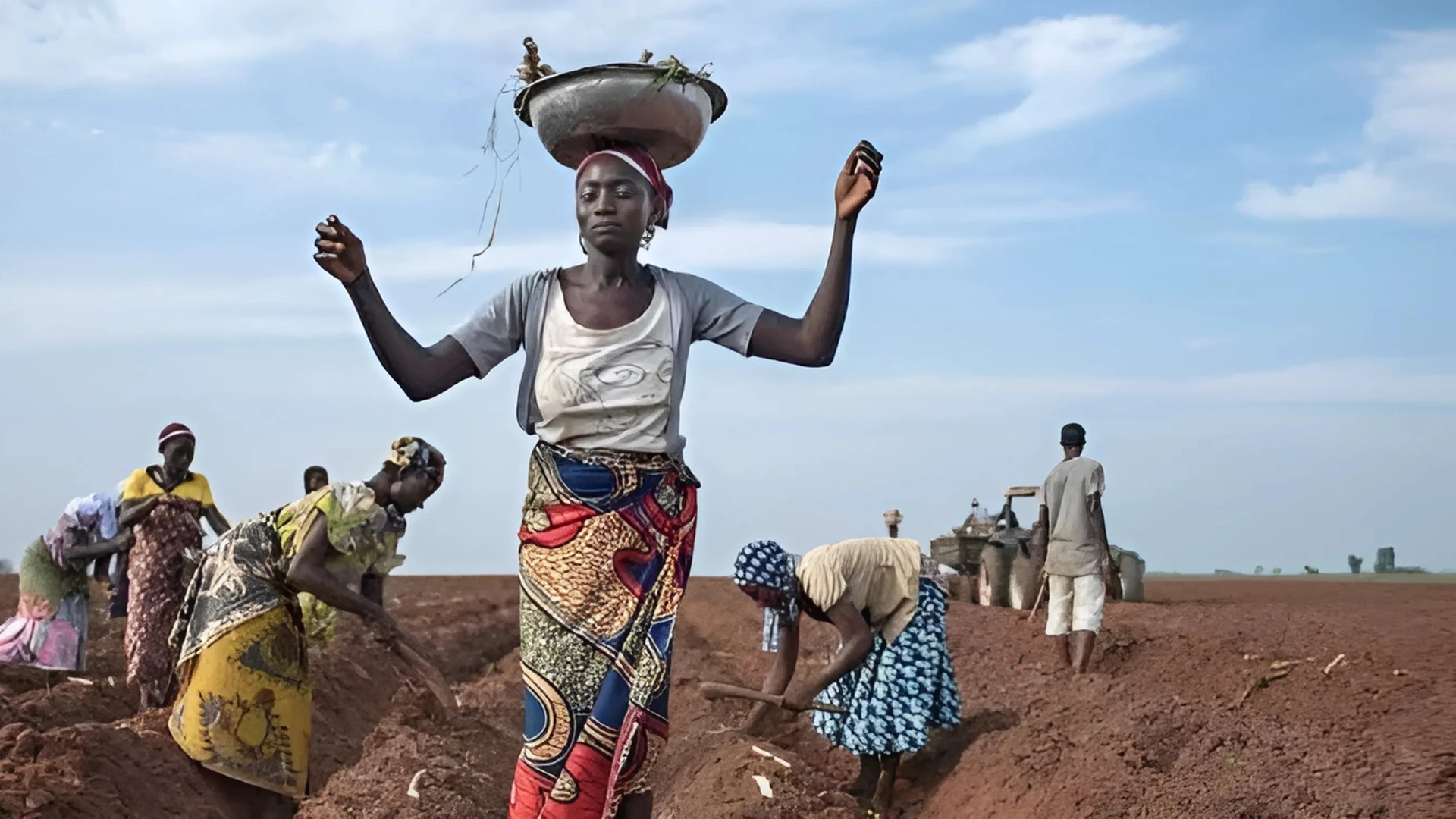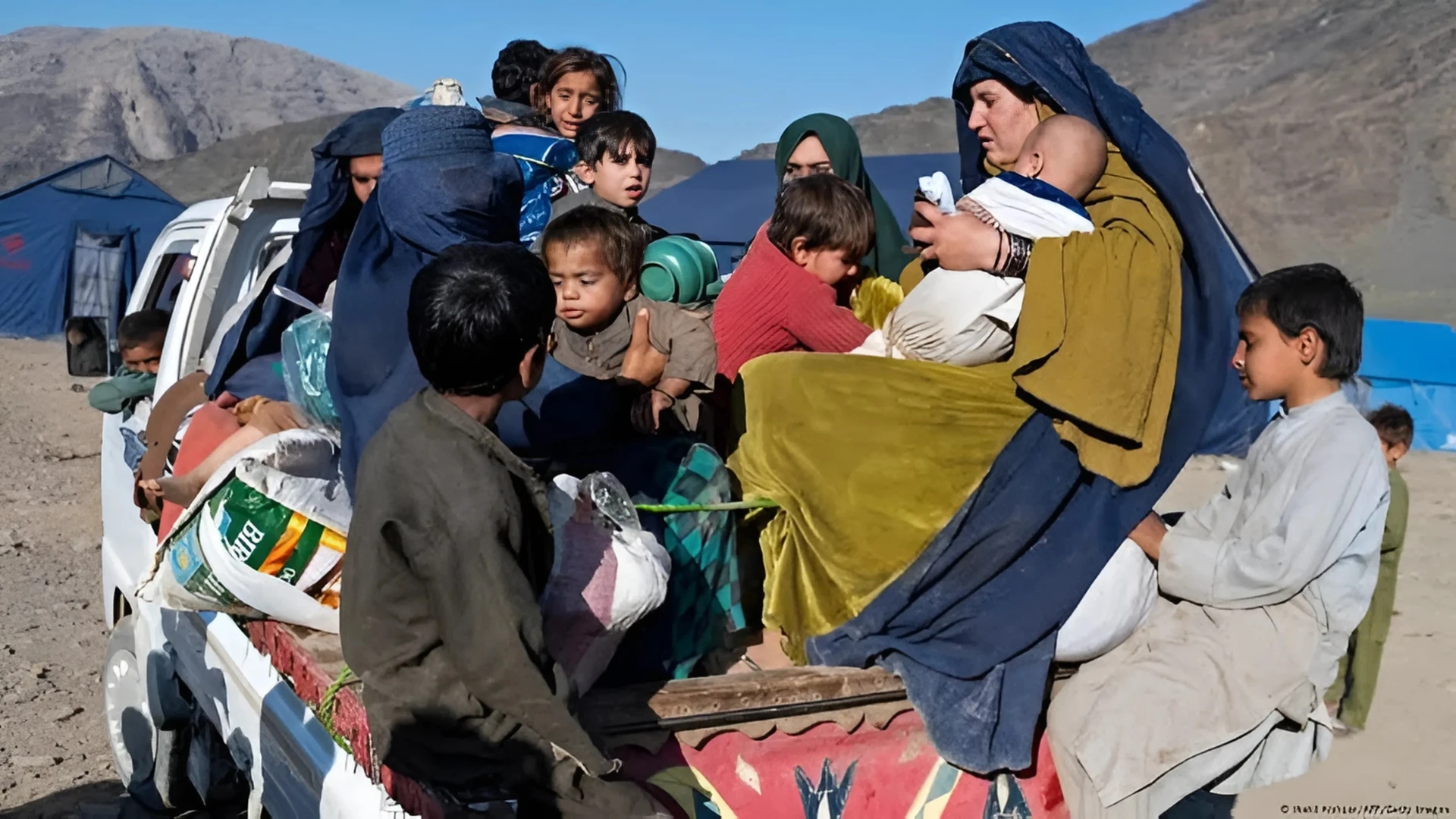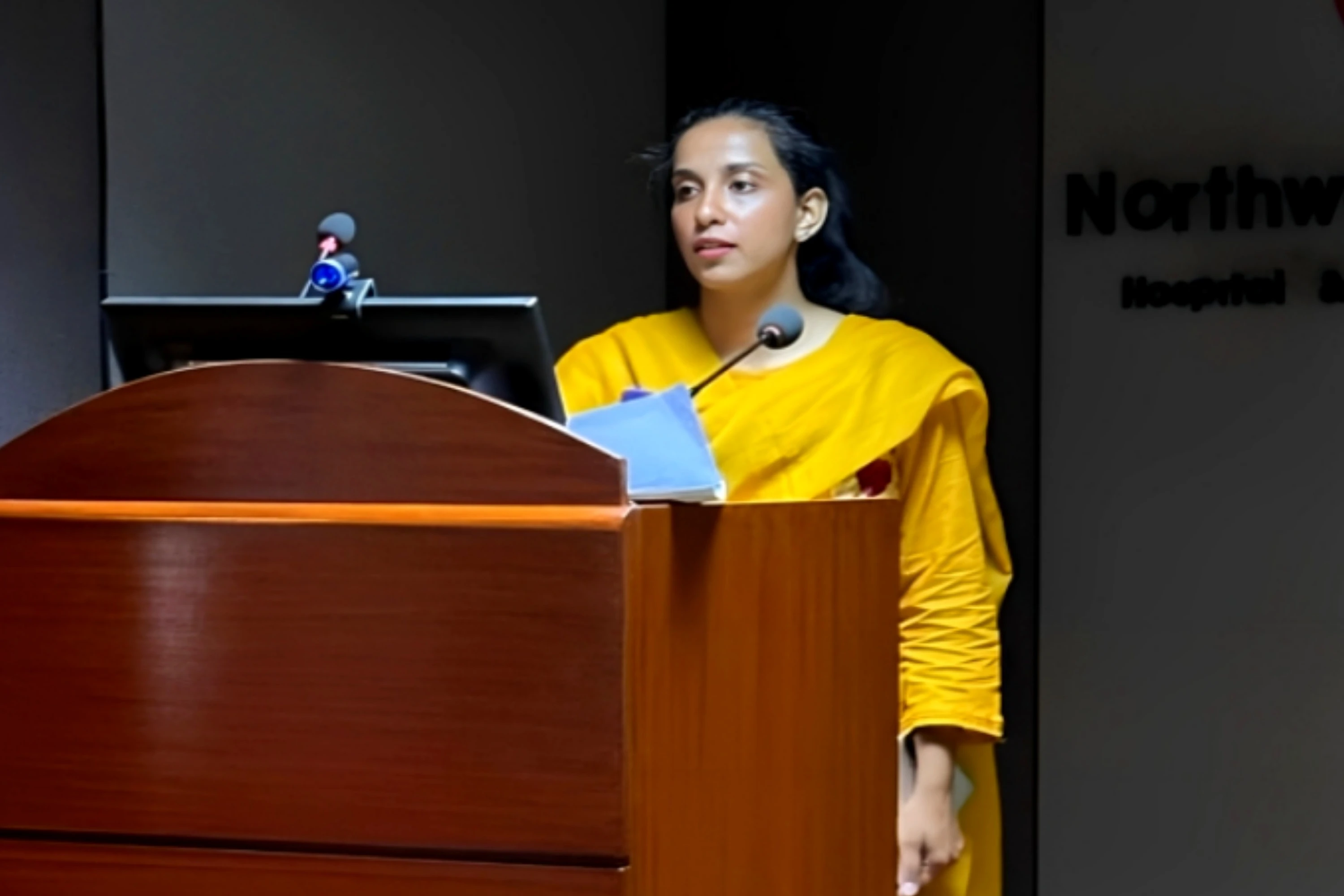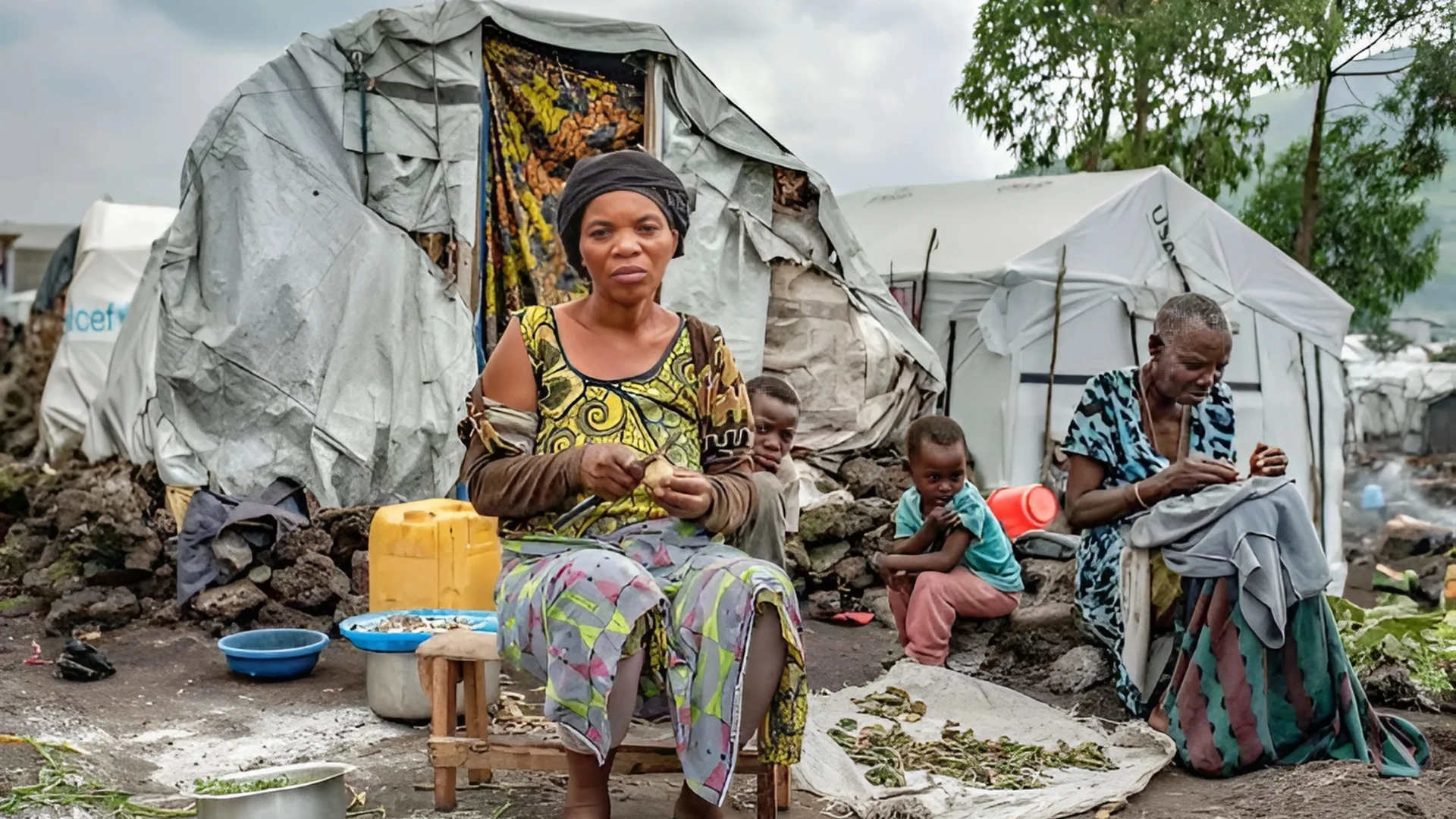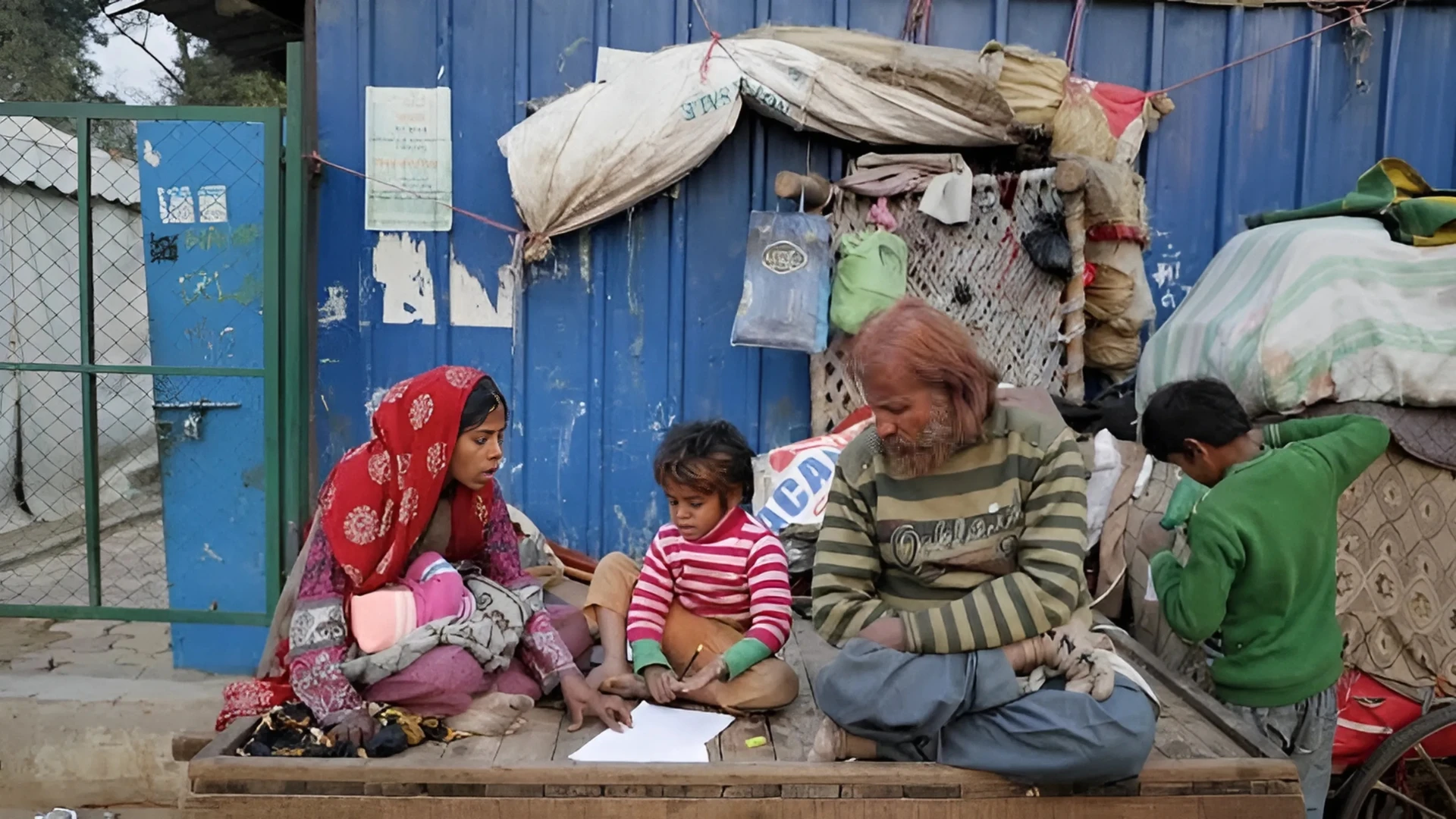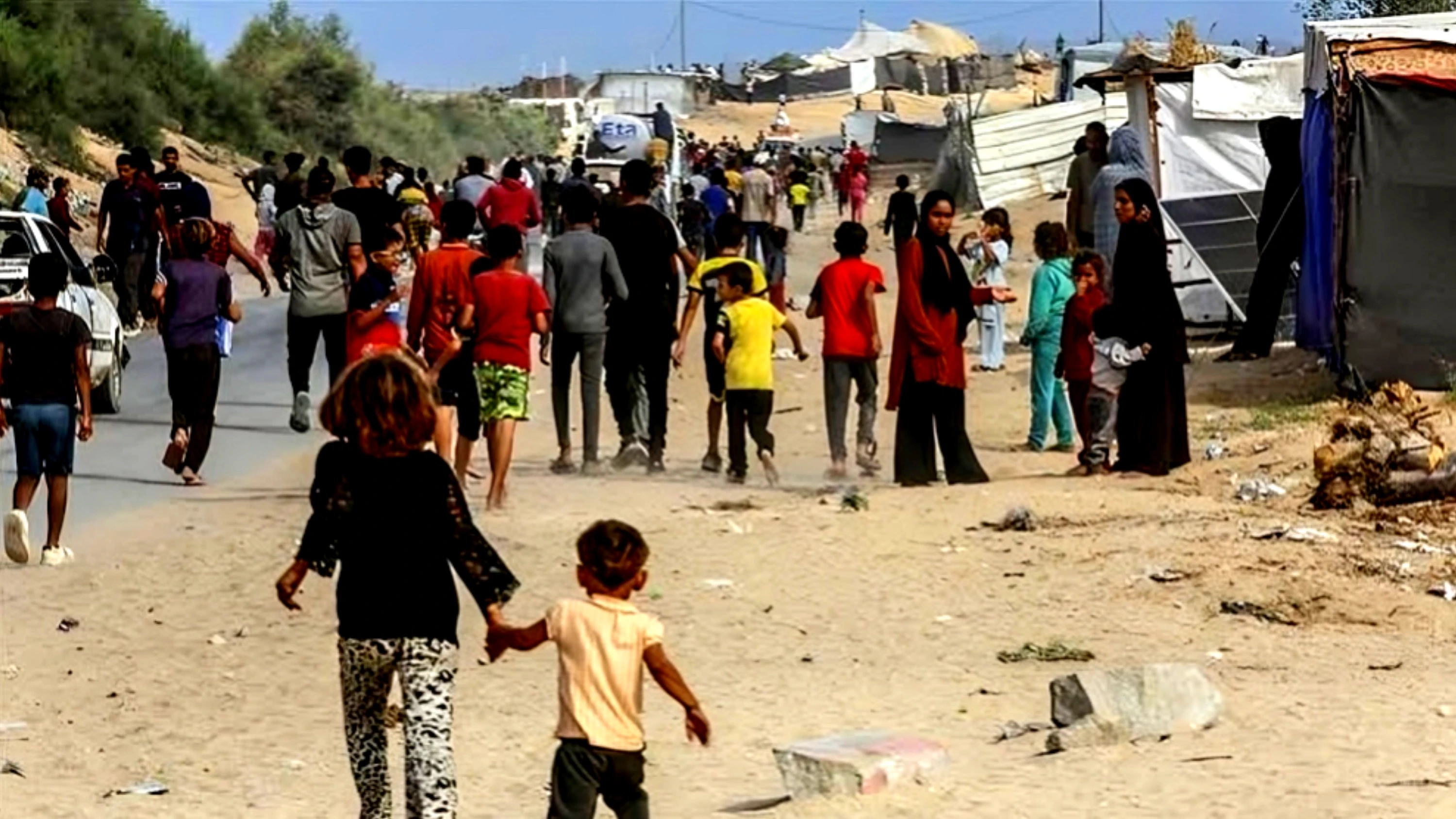Geneva: A new report from the United Nations Working Group on Discrimination Against Women and Girls has raised alarms over the global failure of care and support systems, warning that these shortcomings are deepening gender inequality and fuelling widespread human rights violations.
Unveiled ahead of the 59th session of the UN Human Rights Council, the report issues a stark appeal for immediate public investment and systemic reforms to properly recognise, redistribute, and reward care work—much of which is performed by women and girls.
The experts stressed that although care work is essential for societal functioning and sustainability, it remains undervalued and largely invisible. Women and girls currently bear 76% of the world’s unpaid care workload—equating to 12.5 billion hours of unpaid labour daily. If monetised, this would be worth an estimated $10.8 trillion annually. The Working Group urged governments to include this unpaid labour in their national GDP calculations.
“Care and support systems are collapsing under the strain of demographic shifts, economic disparities, and entrenched gender norms,” the report stated. “Without swift and far-reaching changes, women and girls will continue to forfeit their health, education, income, and basic rights to fill the gaps.”
The report paints a global picture of structural gender discrimination: rural women denied healthcare and education, domestic migrant workers facing abuse, and unpaid carers excluded from economic opportunities. It also highlights the disproportionate impact of armed conflict and climate change, citing the destruction of care infrastructure in Gaza and Sudan and the use of sexual violence in war zones, which increase care burdens on women.
Climate-related resource shortages further compound the issue, forcing women into longer and more strenuous work under worsening conditions.
To address the crisis, the Working Group is advocating for gender-responsive, human rights-based care systems rooted in equality, dignity, and long-term sustainability. Key recommendations include expanding investment in public services, promoting the redistribution of caregiving duties across genders, and challenging discriminatory norms.
The report also calls on international actors—including financial institutions and corporations—to ensure fair resource allocation and to value caregiving skills in hiring and employment practices. To guide this transformation, the Working Group has introduced the “CREATE” framework as a comprehensive roadmap.
“Care and support are not acts of charity—they are the backbone of our societies, our economies, and our futures,” the experts concluded. “Governments must act now to uphold the rights of both caregivers and those in need of care, and to build a world where care is recognised, shared, and valued.”


